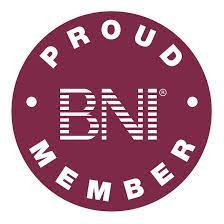In India, students typically choose their subjects in high school, around the age of 14 or 15. The choice of subjects can have a significant impact on the student’s future education and career opportunities.
The most common subjects offered in high schools in India are:
- Mathematics
- Science (Physics, Chemistry, and Biology)
- Social Studies (History, Geography, and Political Science)
- Languages (English, Hindi, and the student’s regional language)
- Arts and Humanities (Literature, History of Art, and Philosophy)
- Commerce (Accounts, Business Studies, and Economics)
The choice of subjects will depend on the student’s interests, aptitude, and career aspirations. For example, students who are interested in pursuing a career in engineering or medicine will typically choose to study mathematics and science subjects. Students who are interested in a career in business or finance will typically choose to study commerce subjects. Students who are interested in a career in humanities or social sciences will typically choose to study arts and humanities subjects.
It’s important to note that the availability of subjects will vary depending on the school and the state or region. Some schools may offer additional subjects such as computer science, physical education, or foreign languages. It’s always a good idea to check with the school or consult with a guidance counselor to learn more about the options available and to make an informed decision.
In summary, the subject choice in Indian schools is based on students’ interests, aptitudes, and career aspirations. The most common subjects offered are Mathematics, Science, Social Studies, Languages, Arts and Humanities, and Commerce. The availability of subjects will vary depending on the school and the state or region. It’s important to check with the school or consult with a guidance counselor to learn more about the options available and make an informed decision.









